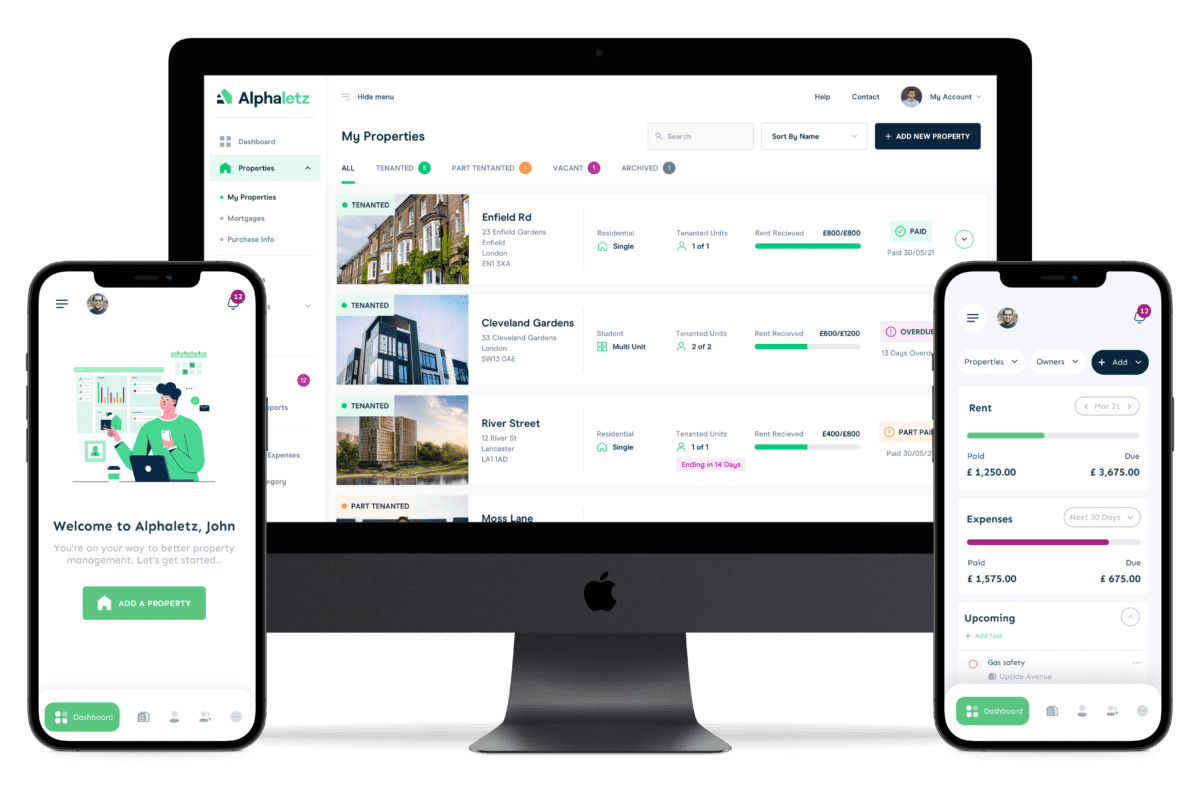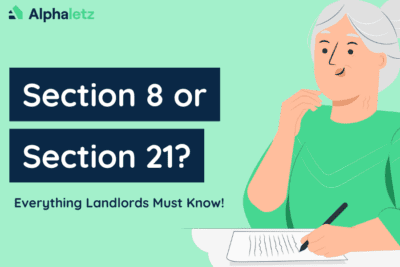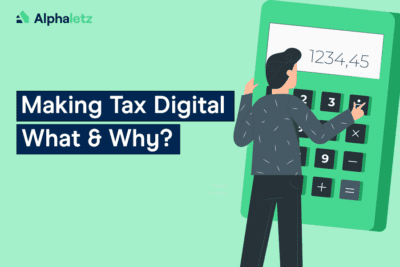May 2023 is rapidly approaching.
Inevitably, the date where parliament is set to vote on the Renters Reform Bill is approaching faster than we all can comprehend.
Many Landlords are fleeing the private rented sector by way of selling up due to the fear of continued Landlord bashing.
Yet, May 2023 continues to hang over Landlord’s heads, with many unsure about the future of their investments.
What is the Renters Reform Bill?
If you haven’t heard by now, the Renter’s Reform Bill is a piece of legislation that is set to be voted on in Parliament.
Headed by Shelter, the Renter’s Reform Bill is piled high with changes that could potentially harden the lives of many Landlords.

Many have been left questioning whether the Renters Reform Bill is as dreadful as we’re being led to believe.
The answer is pretty foggy and unclear, so, let’s break down what’s actually being considered under the Renter’s Reform Bill so you can form your own opinion.
Abolishment of Section 21 Notice
The Renters Reform Bill calls for the Section 21, also known as the ‘no fault eviction notice’ to be scrapped.
The Section 21 has been relied on for many years when it comes to regaining possession of a property and with the Section 21 abolished, it could be significantly harder to regain control of a property as you’ll now need to rely on the Section 8, which can be tricky due to it having more specific grounds.

No wonder a lot of Landlords are shying away from the PRS or selling up with this act proposed. Many fear it’ll become extraordinarily difficult to regain control of your property, with longer potential waiting times and at a bigger expense to the Landlord.
So how are we expected to regain possession of a property we wish to sell or move into?
Good question. With the Renters Reform Bill, new grounds for regaining possession have been proposed. However, there’s a catch. You won’t be able to exercise these grounds until at least 6 months after a tenancy has begun.

There’s also a call to introduce grounds for ‘serious arrears’ but as you’d expect, this’ll be at last resort so the tenant is given every opportunity to avoid losing their home.
What is the Private Renters Ombudsman?
Also listed on the proposed legislation is the introduction of a new ‘Private Renters Ombudsman.’
The Private Renters Ombudsman will be put forward under the Renters Reform Bill in hopes that it’ll provide redress services to tenants, with the Ombudsman being granted the powers to ‘put things right.’
This means that an intervening body could force Landlords to apologise, take action on a particular issue, provide information to a tenant or grant monetary compensation of up to £25,000.
What is the Decent Homes Standard?
The Decent Homes Standard (defined under the Renters Reform Bill) is a call for privately rented properties to meet a mandatory standard by law.
According to the government, at least 79% of properties within the private rented sector currently meet the required standards whilst 21% do not.

So, what is a decent home by government standards?
According to the “Fairer Private Rented Sector” white paper, a ‘decent home’ is one that is “free from the most serious health and safety hazards.” With the serious health and safety hazards listed as fire, fall or carbon monoxide risks.
If you ask me, these are all things serious Landlords have covered anyway, if you’re unsure, you’ll want to keep up on your property inspections.
On top of this, homes must also be warm, dry, insulated appropriately against noise, have ‘clean, appropriate and usable’ facilities and must be fitted with acceptable bathroom and kitchen spaces.
The Introduction of a Property Portal
Classed as a ‘trusted one-stop shop’, the introduction of a centralised property portal aims to guide new and existing landlords through their journey within the PRS.
It aims to give tenants a level of transparency above what they’re previously used to in regards to property standards, as well as giving councils and authorities more visibility on issues that might arise.
We’re not sure exactly what this portal will look like or what it’ll definitely cover. All we know is that there is extensive trial and error currently being done to make sure that the portal offers a great user experience for all.
Rent Review & Rent Increase Changes
Under the proposed bill, Landlords will only be able to increase rents at a maximum of once per year. In relation to rent increases, at least two months notice must be given at a bare minimum.
The bill also calls for any rental payments made in advance to be repaid as soon as the tenancy has ended.
Where is the proposed bill up to?
We’re pretty close to seeing a result. According to Shelter’s website, we can expect the Renters Reform Bill to be brought forward in Parliament and voted on before May 2023.
So hopefully by now, you’ve been able to form your own opinion on the proposed bill. It’s pretty clear that there’s going to be an increase in the amount of busy work Landlords are going to encounter.
This is why it’s important to have the right systems in place as a foundation!
The #1 Property Management Software Solution
Simplify your property business & save drastic amounts of time & money with Alphaletz.



